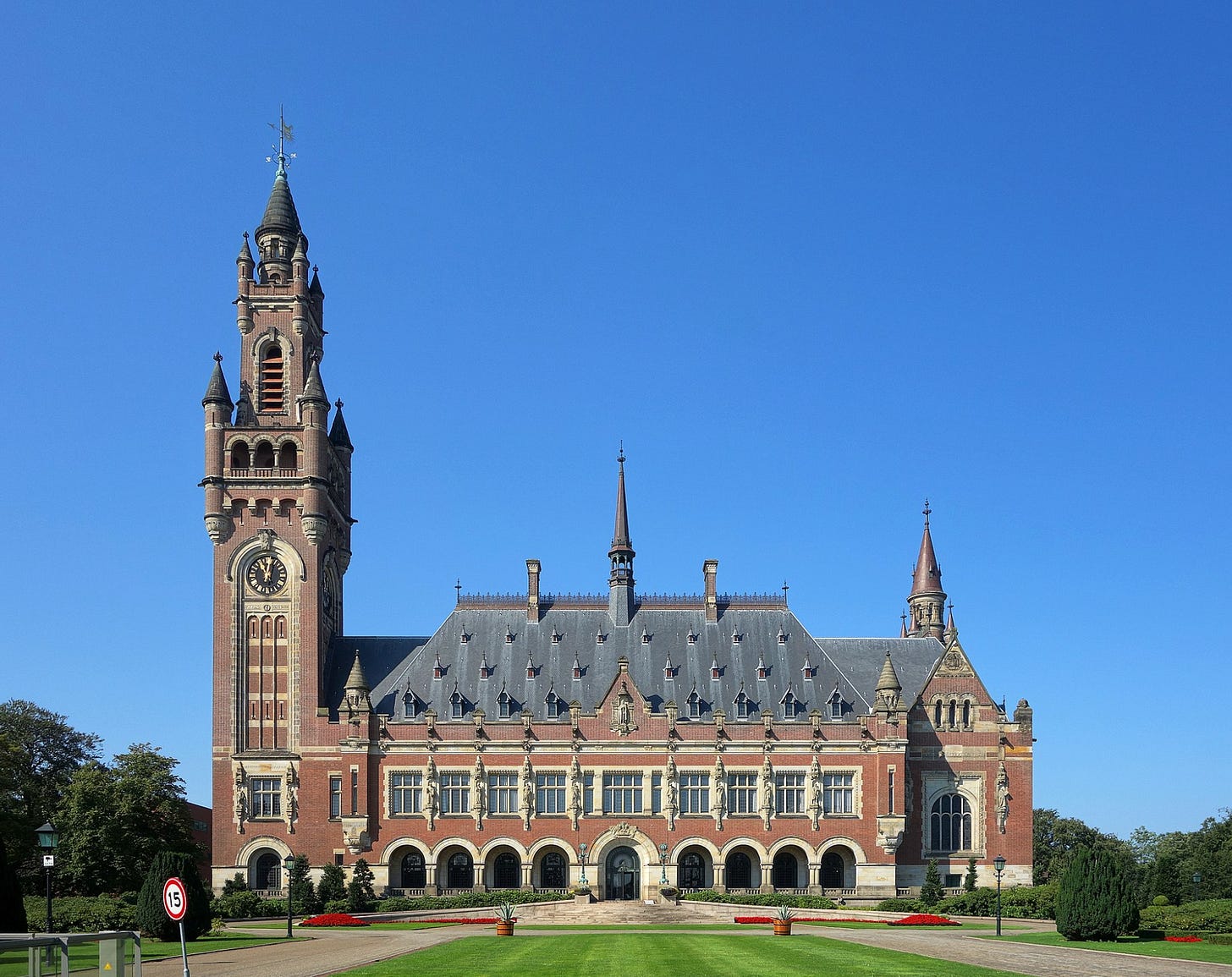The building largely funded by Andrew Carnegie, dates from 1913
This week ended with one of my busiest and most interesting days in quite a while. On Thursday morning I felt privileged to be on Norrie Hunter’s final discussion show, focusing on the routes to Scottish Independence, an emotional topic for all of us, and especially for Norrie as Caledon Radio came to an end after six years. The rest of the day was spent engaging with a couple of Scots Amazons, and the three of us went over to the Senate Room at Glasgow University for the lecture by Sally Langrish, English barrister, UK civil servant and head of the team that advises the Westminster Government on matters of international law. Most of those attending had just reached the end of a major conference of legal academics from a wide range of disciplines, a truly international, highly skilled assembly.
Miss Langrish took us on a tour of the extensive range of international legal fora from the International Criminal Court to the International Court of Justice, to various less formal committees, and described a scene which is expanding with both advice and decision making involving a mixture of politics and law. One got the clear feeling that backroom bargaining among UN member states is as important as what we external observers get to see, probably more so.
My own interest is in the ICJ, and I noted that there was one brief mention of former judge Sir Christopher Greenwood, Tony Blair’s adviser, about whom I’ve written before, in the final section of my last post on here. His extremely dubious advice on the legality of the invasion of Iraq seriously damaged the reputation of the UK as an honest dealer. By coincidence, the event took place in the week in which the latest appointment was made, of Judge Mahmoud Daifallah Hmoud from Jordan, so there is still no English or Scottish judge; the damage is lasting.
The lecture took me back to the hot summer of 1968, when much of Europe was in turmoil, the paving slabs were coming up in Paris (again), the tragic Prague Spring was being suppressed, and I was a twenty year old new graduate lodging with Mrs Overbeek in van Slingelandtstraat in the Hague. Limitations on taking cash out of Britain made me one of the poorest students, something that was rectified by attending the numerous embassy receptions. One day, a fellow ex-student from the law faculty turned up and spent a couple of nights chez Overbeek. We headed off into town and found a pub, where by a stroke of good luck some English trade unionists were over for a conference and proved happy to share some of their expenses plying us with the usual tipple of a run of four small beers interrupted by a glass of jenever, then repeat, then repeat.
Normal days started with a walk across to take the grand avenue up to the Peace Palace for the day’s lecture, dodging the Americans arriving by car. There would be a lecture, usually by the author of one or other of the major textbooks, followed by a discussion conducted in English and French, with simultaneous interpretation. One day I listened to a speaker struggling with his English, and on switching over, found fluent French. At the coffee break I asked our interpreter, a very tall, elegant old gentleman with flowing white hair and a neat beard, how he managed. “Well, I’ve heard it all, I know all the arguments, I’ve been here since the earliest days, one of my first was Prime Minister Georges Clemenceau.” During the session he stood in a sort of phone box, which I was delighted to learn is still in use.



